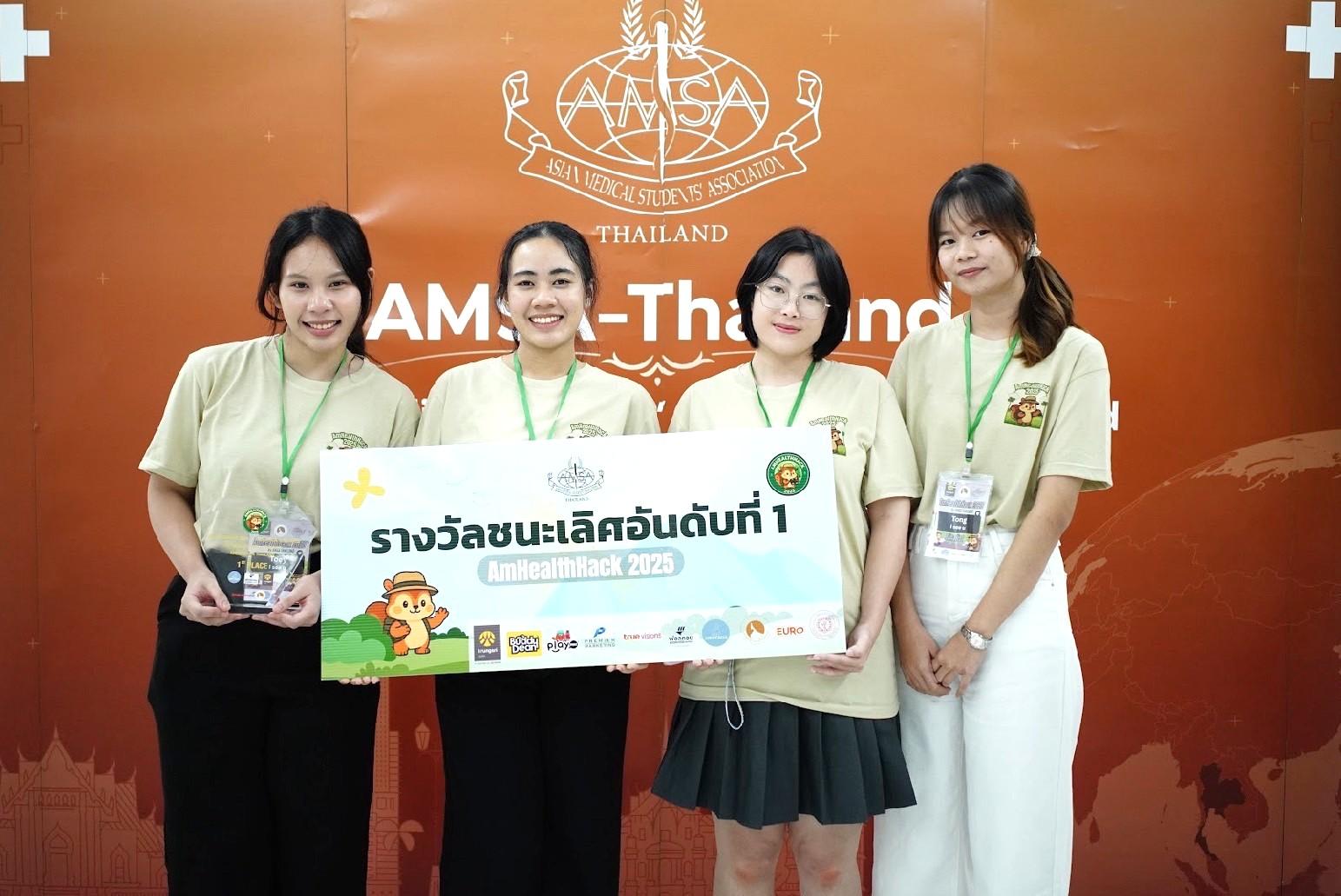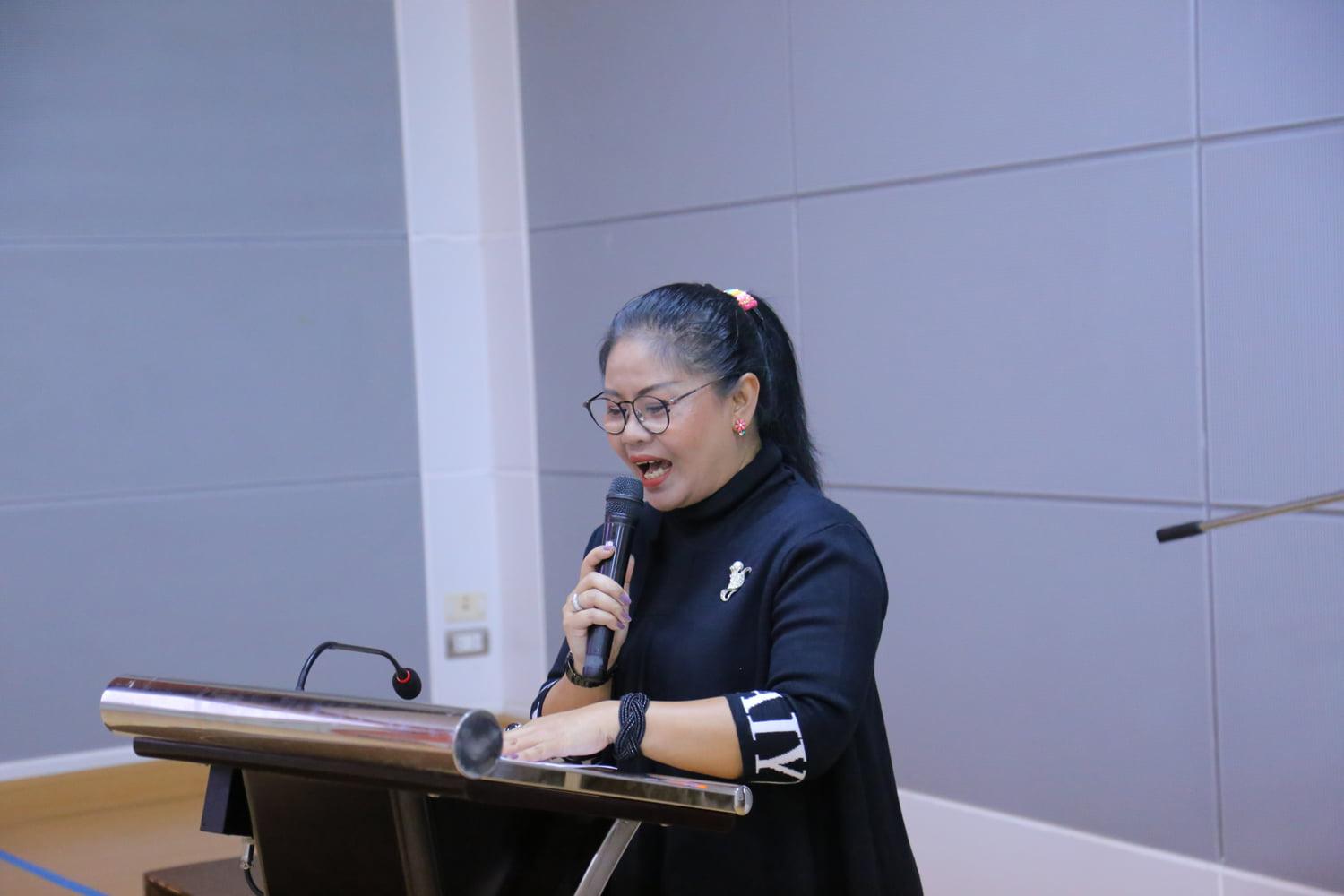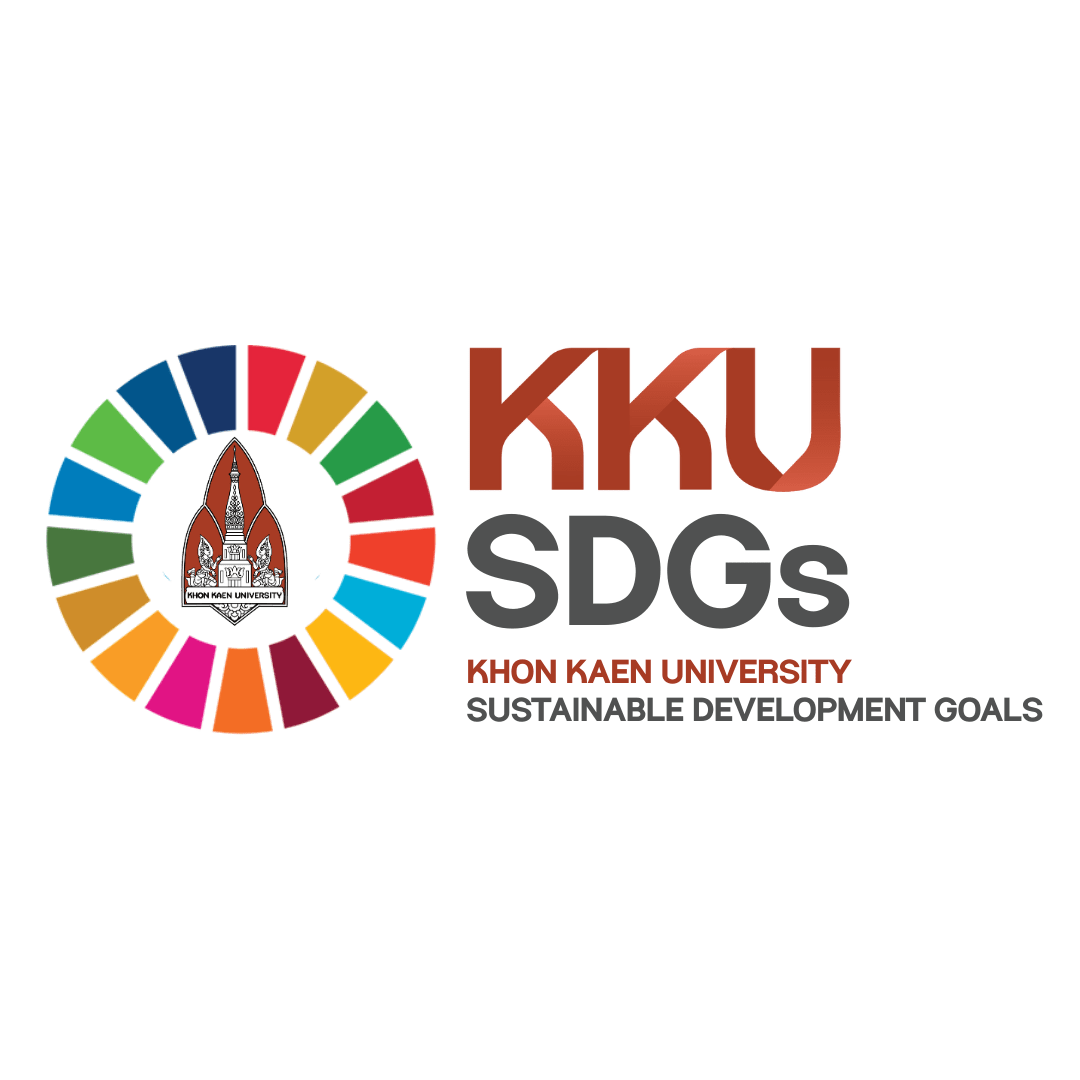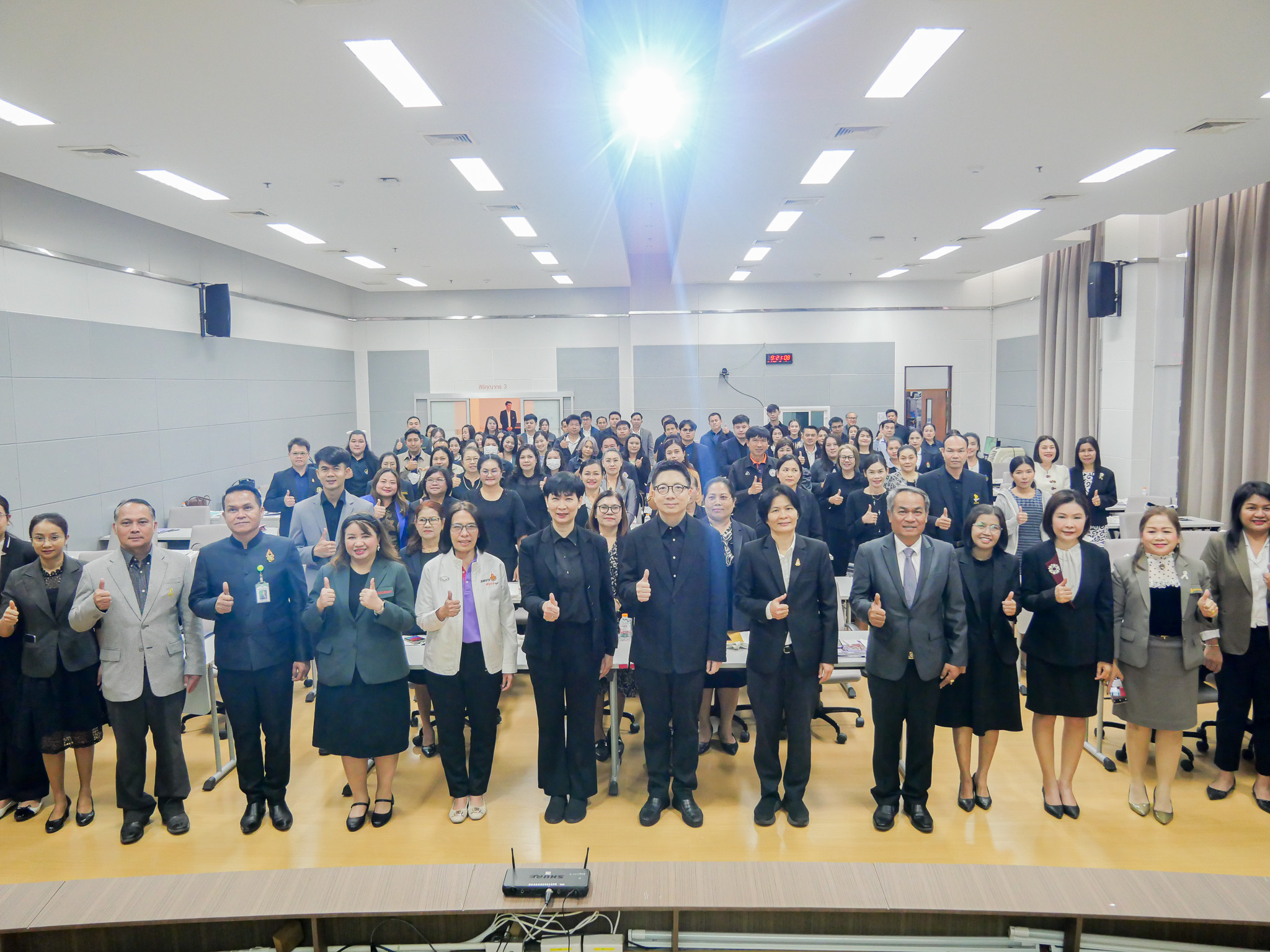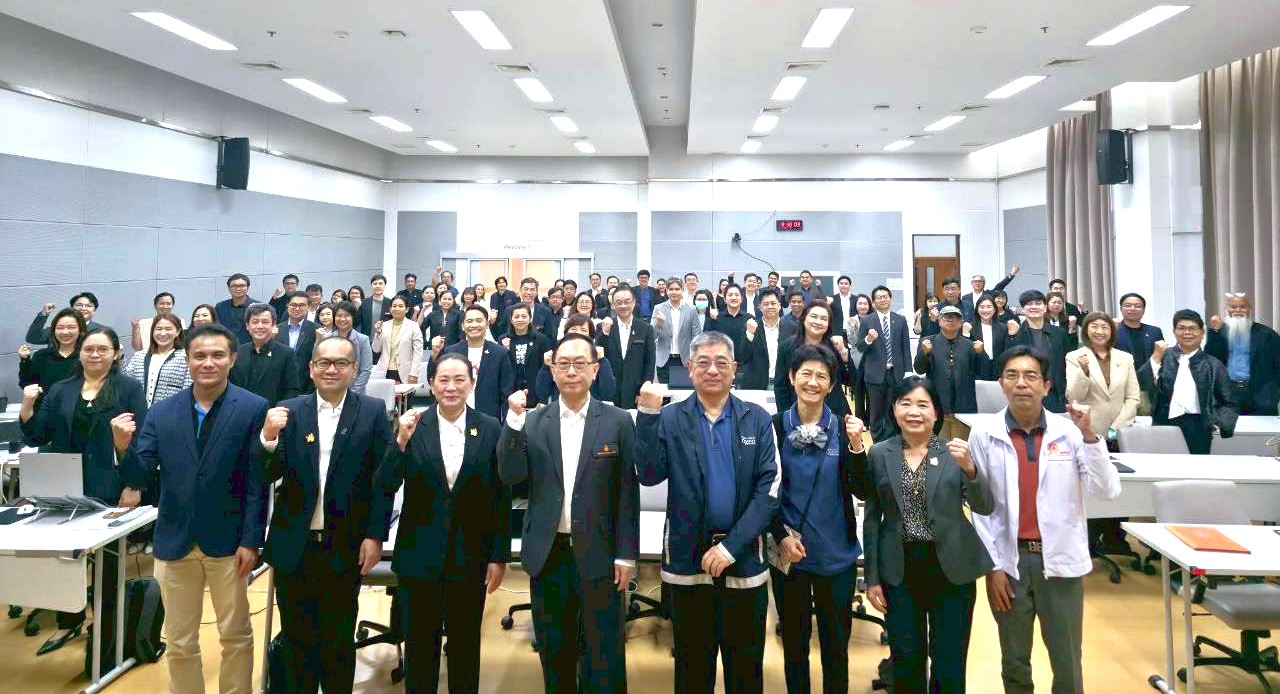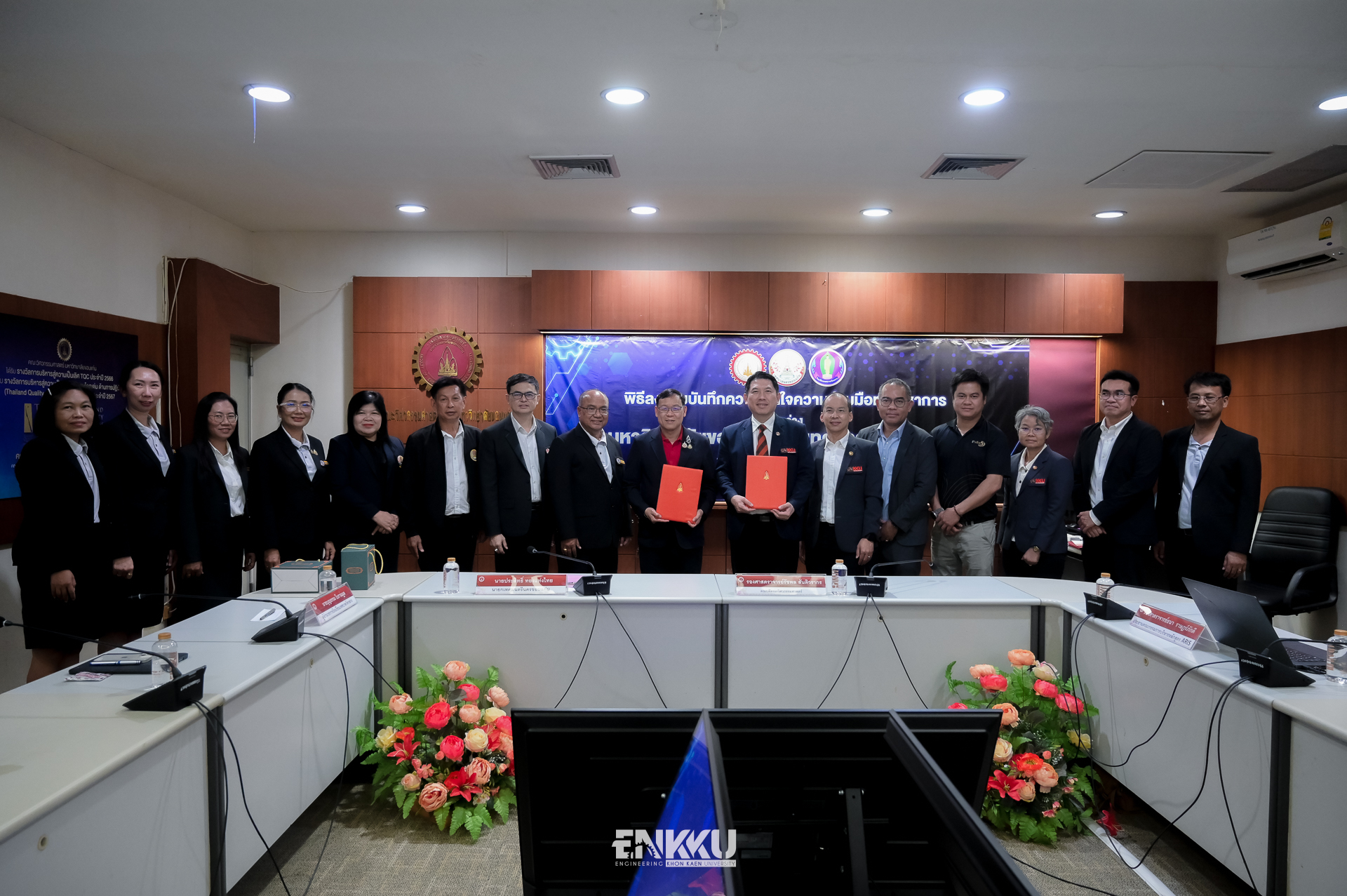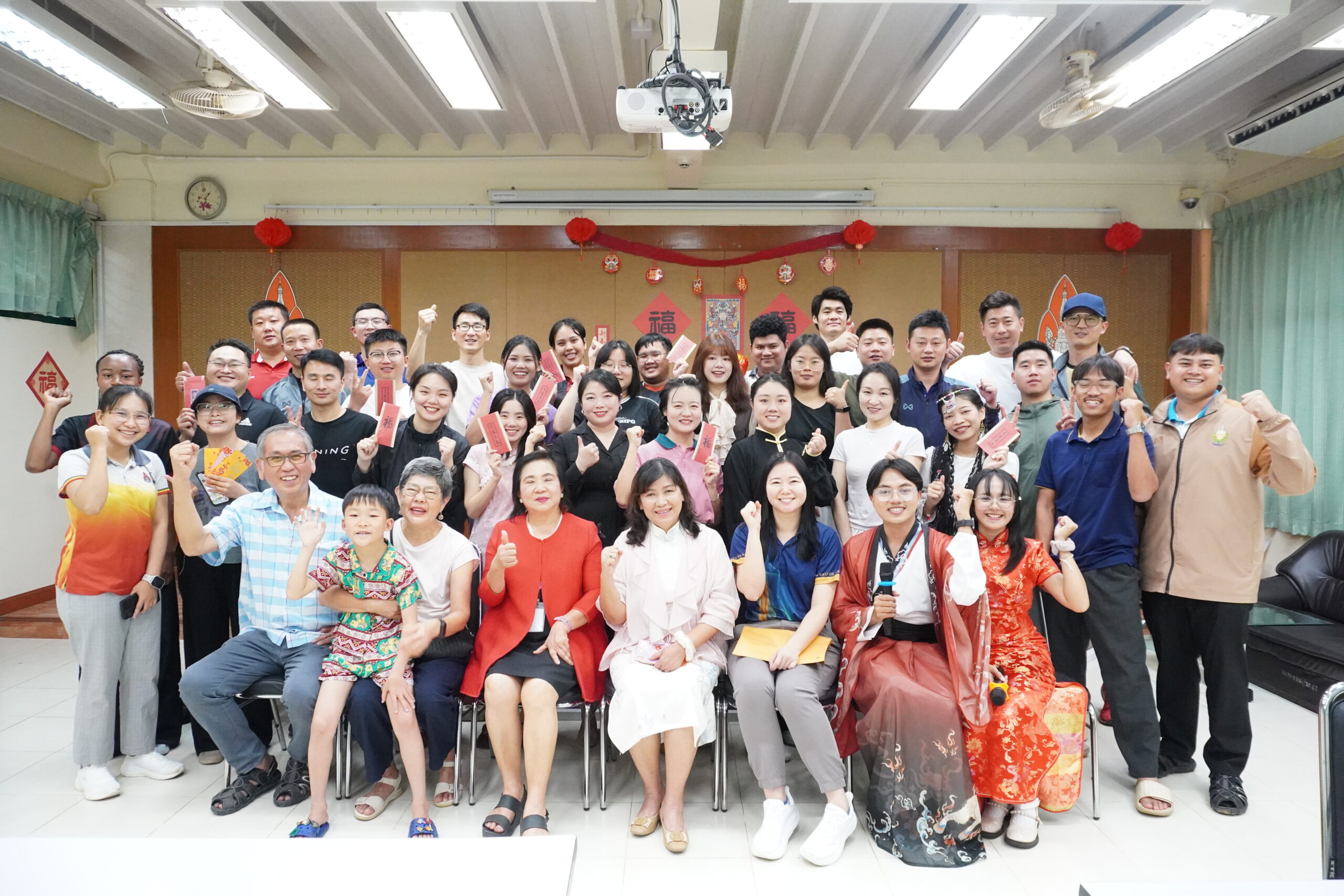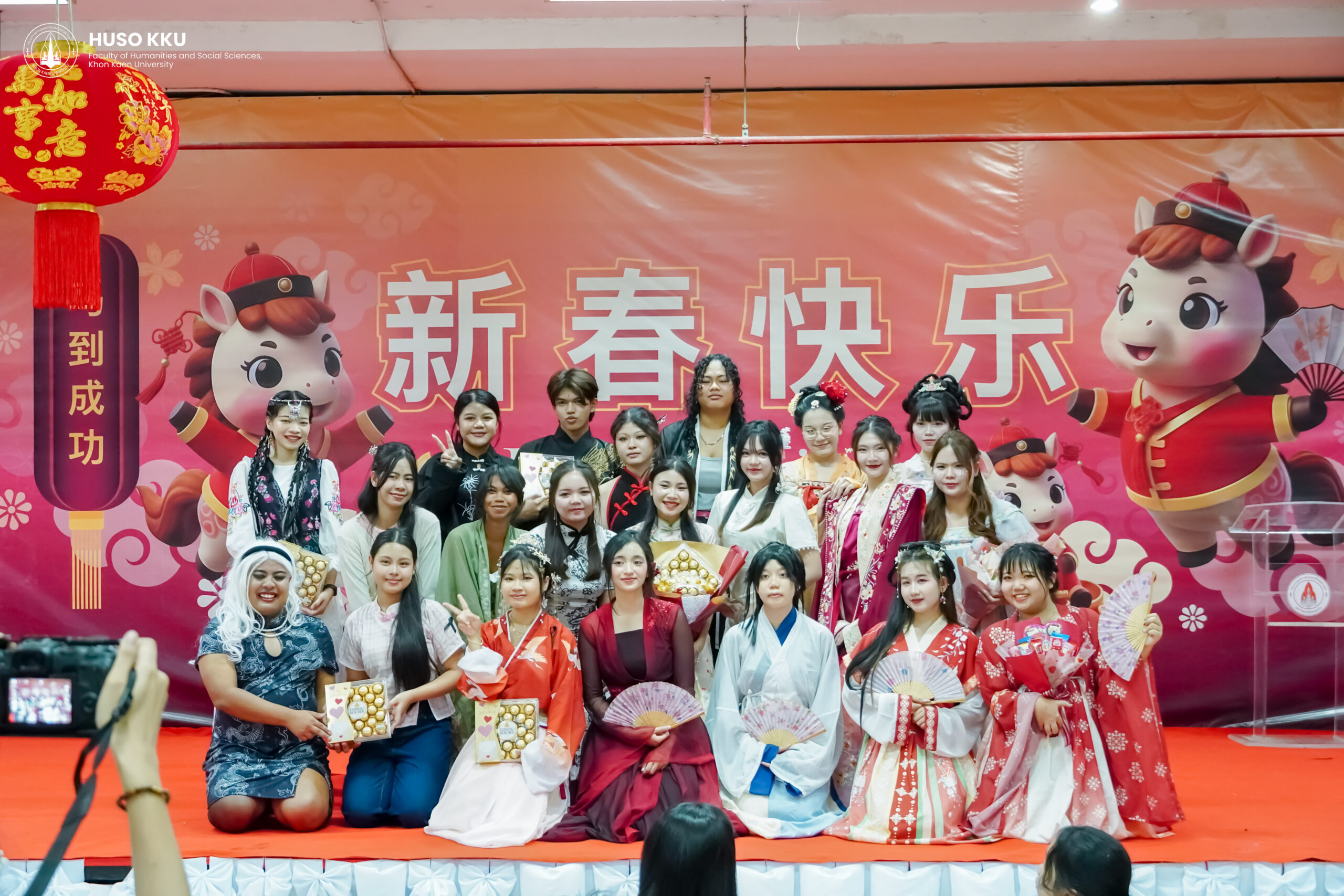Khon Kaen University (KKU) has once again demonstrated its excellence in innovation and healthcare. A second-year nursing student team, ‘I see u’, won First Place at AmHealthHack 2025, organised by the Asian Medical Students’ Association (Thailand) on 1 November 2568 at King Chulalongkorn Memorial Hospital.
 The winning project, “Grow-up: A Bridge of Opportunity for the New Lives of Drug Rehabilitation Patients,” applies nursing knowledge and digital technology to tackle social inequality in line with SDG 3.5. The team received a 14,000-baht grant to further develop the platform for national implementation.
The winning project, “Grow-up: A Bridge of Opportunity for the New Lives of Drug Rehabilitation Patients,” applies nursing knowledge and digital technology to tackle social inequality in line with SDG 3.5. The team received a 14,000-baht grant to further develop the platform for national implementation.

An Innovation Linking Three Key Sectors
The AmHealthHack 2025 competition was held under the theme “The Wild Beyond: Health Innovation for SDG 3.5,” focusing on innovations aligned with Sustainable Development Goal 3.5, which aims to strengthen the prevention and treatment of substance abuse. Over 40 teams from higher education institutions across the country participated in the idea competition.
The ‘I see u’ team, comprising Ms. Kanyawee Sodsri, Ms. Watcharaporn Khamsarirak, Ms. Kingkaew Saranphokha, and Ms. Wipawee Seekhai, presented the core concept of the ‘Grow-up’ platform, based on the principles of “Reducing Stigma – Creating Opportunity – Restoring Value.”
The team explained that the inspiration behind the innovation was to develop a bridge platform that connects rehabilitation patients, employers, and the community. This platform aims to create an open, stigma-free employment network, supporting rehabilitation patients to return to society with dignity and transforming their role from “recipients” to “contributors.”
“This innovation not only helps reduce the possibility of relapse but also aligns with SDG 8.5 on promoting productive employment and decent work for all,” the team stated.
Academic Guidance in Integrating Nursing Knowledge
The team’s success was achieved under the guidance of its advisors, Associate Professor Netchanokkaew Chantha, Ph.D., and Assistant Professor Khwansuda Boonthos, Ph.D., who provided critical insight. Assistant Professor Khwansuda Boonthos, Ph.D., noted that although the students were only in their second year and did not yet possess deep nursing knowledge, their proposed concept was highly creative and socially meaningful.

“The academic team helped shape the concept, specifically by integrating practical nursing dimensions into the platform, such as monitoring the patients’ condition to ensure stability before returning to work in society. We also analysed and identified the key stakeholders to ensure the platform could truly foster equality and be practically implemented,” Assistant Professor Khwansuda stated.
Driving the ‘New Generation of Nurses’ Through Innovation
Assistant Professor Khwansuda expressed great admiration for the students’ work, voicing pride that they recognised the value of social equity and chose to help vulnerable groups.
“This project directly addresses the need to improve the quality of life for this specific group. It also aligns perfectly with the Faculty of Nursing’s strategy to produce ‘Professional Nurses’ and ‘New Generation Nurses’ capable of leveraging innovation and technology to enhance patient care and social development,” she added.
Responding to the Future-Ready KKU Strategy
The “Grow-up: A Bridge of Opportunity for the New Lives” project by the Faculty of Nursing students is more than a health innovation; it is a vital mechanism driving the Future-Ready KKU (Khon Kaen University) strategy, which strives toward becoming “A World-Leading Research and Development University.”
The project distinctly addresses two major pillars of the university:
- Social and Community Engagement through Culture: The initiative delivers direct social impact by addressing the needs of vulnerable groups through academic expertise. The Grow-up platform connects rehabilitation patients with employers and communities, creating a non-stigmatising network and enhancing equity in accessing work opportunities – a crucial element of sustainable development.
- Academic Excellence and Innovation: By applying an innovative bridge platform to address the persistent problem of relapse in the Northeast, the project demonstrates the university’s ability to create solutions tailored to regional challenges. This achievement also strengthens the competencies of the ‘New Generation of Nurses,’ who can integrate medical knowledge with technology and creative thinking, supporting the university’s goal of producing high-calibre graduates ready to meet future challenges.
Furthermore, this achievement promotes the competencies of the ‘New Generation of Nurses’ who can integrate medical knowledge with technology and creative thinking. This underscores the university’s goal of producing high-calibre personnel ready to face the challenges of the future world.
Alignment with Sustainable Development Goals (SDGs)
The ‘Grow-up’ project also supports the United Nations’ sustainable development framework by primarily focusing on two key goals:
- SDG 3: Good Health and Well-being: The project helps reduce relapse rates among drug rehabilitation patients by serving as a monitoring tool and supporting them to live normal, harmonious lives in society, directly relating to the goal of preventing and treating substance abuse.
- SDG 8: Decent Work and Economic Growth: The ‘Grow-up’ platform connects rehabilitation patients with entrepreneurs, creating opportunities for decent and stigma-free employment. This enables the target group to enter the labour market with dignity and achieve productive employment.
As national champions, the team will now have the opportunity to apply for additional funding from the Foundation for Enhancing National Identity, under the Government Public Relations Department, to scale the innovation nationwide – advancing AmHealthHack 2025’s mission to develop youth capacity in knowledge integration and sustainable health innovation.
News: Benjamaporn Mamook
Photos: Faculty of Nursing, Khon Kaen University

